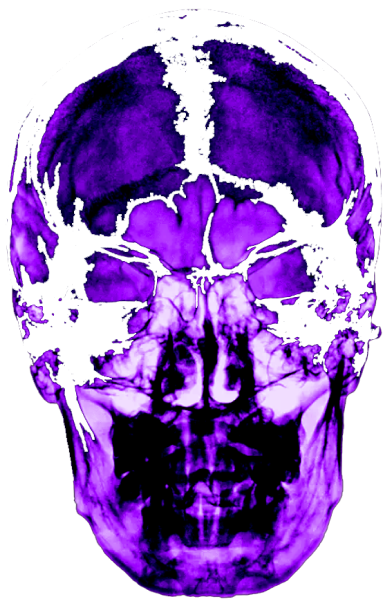The Governance Layer for Healthcare AI
Just as every node in the electric grid requires governance, Gesund.ai provides the infrastructure to build, validate, deploy, monitor, and update clinical AI—across regulatory jurisdictions and stakeholders worldwide.
One platform. Global compliance. Built for multi-stakeholder AI lifecycle.
Our Solutions
We are backed by
In collaboration with
As seen in
Customer Testimonials
"Our extensive market assessments revealed that Gesund AI CRO generates a 4X speed and 2X cost improvement compared to doing this in-house. We were thrilled to be able to rely on Gesund.ai for this mission-critical endeavor. Their proprietary technology platform is designed to streamline this multi-dimensional complex process and minimize uncertainties. We look forward to working with Gesund for additional validation studies this year and in the future."
Stefan Voser,
CPO of ScanDiags
"Our AI Deployment and Evaluation Lab focuses on the critical problem of health AI developers validating their models on diverse, real-world data. With Gesund, we have a platform that makes such collaboration easy, and importantly, that lets us do this in an ethical, transparent, responsible and reproducible manner."
Dr. Benjamin Fine,
Clinician Scientist, AI Deployment and Evaluation Lab, Trillium Health Partners


